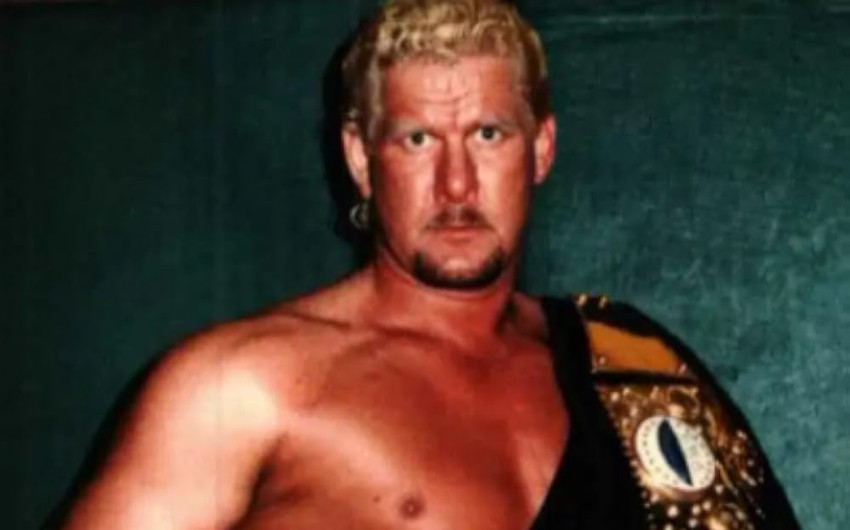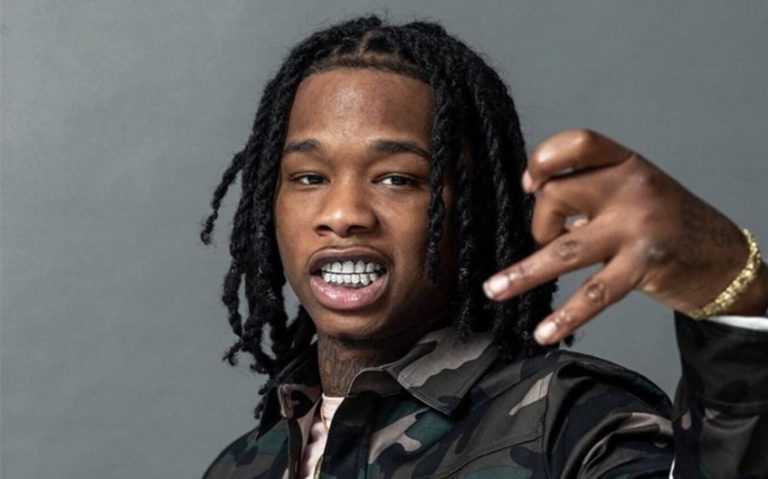If you’ve ever followed pro wrestling during the explosive 1980s or caught wind of real-life bounty hunters chasing down fugitives, chances are you’ve come across the name Dr. D David Schultz. Famous for being both a hard-hitting professional wrestler and later a relentless bounty hunter, Schultz built an unconventional yet fascinating life—and it’s only natural to wonder about Dr. D David Schultz’s net worth and how he earned it.
Schultz has always walked a unique path, never shying away from controversy or challenge. From slamming rivals in wrestling rings to arresting criminals across state lines, his income sources are as diverse as his personas. Let’s break down how his net worth took shape through a career defined by reinvention and fearlessness.
Act I: Wrestling Stardom and Infamy
David Schultz’s entry into professional wrestling began in the late 1970s, but he truly made his mark in the 1980s wrestling boom. Branded with the moniker “Dr. D,” Schultz became known for his aggressive, no-nonsense style and his uncanny ability to play the heel. He worked for major promotions like the AWA (American Wrestling Association) and the WWF (now WWE), sharing the ring with the likes of Hulk Hogan and Roddy Piper.
His notoriety reached new levels during a 1984 backstage interview that would define his career. When reporter John Stossel questioned whether wrestling was fake, Schultz struck him—twice—on camera, resulting in major public backlash. The incident caused shockwaves in the media and legal system, and Schultz quickly found himself blackballed from WWF. Though his actions were meant to protect the “kayfabe” of wrestling (its illusion of reality), the fallout cost him significant opportunities.
Before that incident, Schultz was reportedly earning a strong mid-five-figure annual salary—potentially more with merchandise, promotional appearances, and event bonuses. Wrestlers of that era didn’t have guaranteed contracts or corporate backing like today’s stars, but the most prominent names could still take home considerable income. Schultz wasn’t just a mid-carder—he was a loud, marketable figure whose character helped sell tickets.
However, the controversy cut his peak earnings short. He eventually moved to other smaller promotions and international circuits, but never regained the WWF-level spotlight. Still, his time in wrestling laid a financial foundation and gave him a unique celebrity profile he’d later use to pivot his career.
Act II: Reinventing as a Bounty Hunter
Most wrestlers either fade from the spotlight or shift to commentary, coaching, or indie appearances. David Schultz, however, chose something radically different: he became a licensed bounty hunter. This career change wasn’t a gimmick. Schultz trained for real, got certified, and began tracking down criminals—often in some of the toughest neighborhoods across the United States.
According to interviews and his 2018 book Don’t Call Me Fake, Schultz claimed to have made over 1,700 arrests as a bounty hunter. He often worked alone, locating fugitives wanted on charges ranging from unpaid bail to violent crimes. He described the job as more dangerous than wrestling, but he also admitted it was often more rewarding—both financially and personally.
Bounty hunting in the U.S. can pay anywhere from 10% to 20% of the total bail amount, depending on the agreement with the bail bonds company. For higher-risk fugitives with large bonds, successful captures can bring in thousands of dollars per case. While not every arrest results in a huge payday, a successful bounty hunter with Schultz’s drive and consistency could earn low to mid six figures annually—especially if operating across multiple states and taking on high-bail targets.
While exact figures are hard to confirm, based on his extensive record and years in the field, Schultz likely earned well over a million dollars cumulatively through bounty hunting, especially during his most active years in the 1990s and early 2000s.
Earnings Breakdown Across Both Careers
Schultz’s financial life doesn’t rely on a single big-money contract or a viral fame moment. Instead, it’s a patchwork of blue-collar grit, diversified income, and calculated reinvention. Here’s how the major components break down:
Wrestling Income (Late 1970s–Mid 1980s):
At his peak in WWF, Schultz may have earned around $50,000–$100,000 annually, plus additional income from merchandise and independent events. Over his wrestling career, he likely grossed several hundred thousand dollars.
Bounty Hunting Income (Mid-1980s–2010s):
With thousands of arrests and years in the business, Schultz could have brought in $1.5 million to $2 million total over two to three decades. His workload, reputation, and connections in the field made him one of the most active professionals in the industry.
Book Sales and Public Speaking:
In 2018, Schultz published Don’t Call Me Fake: The Real Story of Dr. D David Schultz, which added both income and renewed public attention to his story. While not a bestseller on a mass scale, the book has a cult following among wrestling fans and true crime readers. He’s also participated in podcast interviews, conventions, and events—each offering modest but meaningful compensation.
Media Royalties and Cameos:
Schultz appeared in episodes of Dark Side of the Ring, a docuseries that revisits infamous wrestling stories. Though royalties from such shows are relatively modest, they add to the mosaic of ongoing income sources.
Estimating Dr. D David Schultz’s Net Worth in 2025
As of 2025, Dr. D David Schultz’s net worth is estimated to be between $700,000 and $1 million. This figure reflects a lifetime of hard-earned, often unconventional income—free from the glamorous paychecks of today’s entertainment industry, but grounded in hustle, risk, and personal transformation.
A few important things to consider:
-
He owns property and likely modest real estate assets from his work years.
-
He is not heavily involved in flashy endorsements or brand deals, which keeps his financial profile grounded.
-
His bounty hunting career allowed him to remain active and independent long after his wrestling days ended, building wealth outside of fame-based channels.
Featured Image Source: imdb.com







